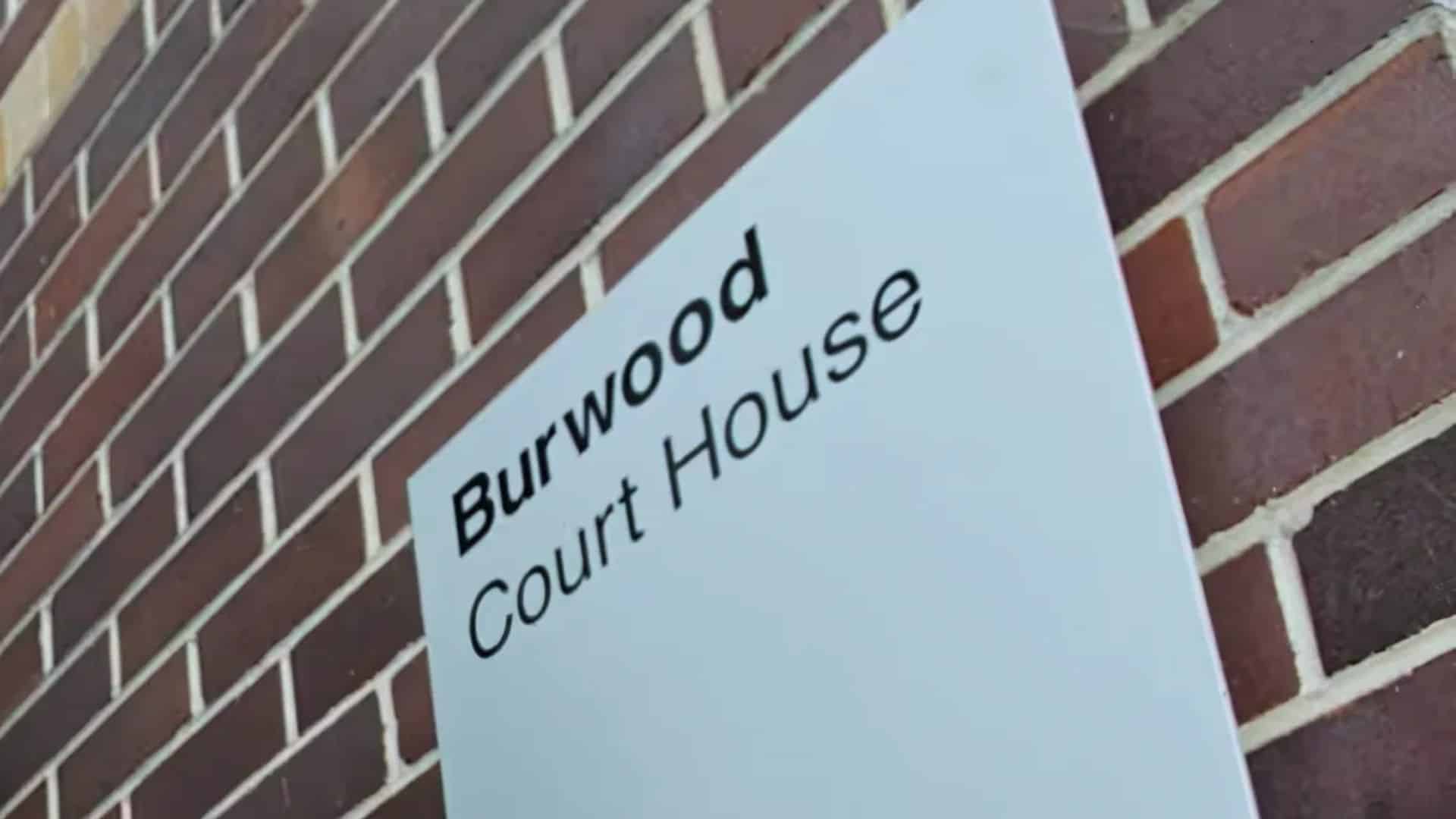Burwood Local Court – A Complete Legal Guide
Burwood Local Court plays a vital role in the New South Wales judicial system, serving individuals from Burwood and surrounding areas. The court hears a broad range of matters, including traffic offences, criminal cases, civil disputes, and Apprehended Violence Orders (AVOs).
Understanding how the court operates, what to expect, and when to seek legal representation can significantly improve your outcome.
Location and Contact Information
Address: 7-9 Belmore Street, Burwood NSW 2134
Phone: (02) 9744 5555
Opening Hours: Monday to Friday, 9:00 AM – 4:30 PM
Public Transport: Short walk from Burwood train station
To learn more, visit the official NSW Local Court website.
Key Officials and Court Procedures
Magistrates and Their Authority
Magistrates at Burwood Local Court oversee hearings and determine outcomes. Their powers include:
 Ruling on criminal matters
Ruling on criminal matters
 Hearing civil disputes and property matters
Hearing civil disputes and property matters
 Issuing AVOs
Issuing AVOs
 Handling committal proceedings for indictable offences
Handling committal proceedings for indictable offences
Criminal Cases Heard at Burwood Local Court
Common Offences
Typical criminal cases include:
 Theft, assault, and domestic violence
Theft, assault, and domestic violence
 Public order and fraud offences
Public order and fraud offences
Sentencing and Diversion
Penalties may include fines, community service, good behaviour bonds, or full-time imprisonment. In certain cases, the court may impose alternatives such as:
 Community Corrections Orders (CCOs)
Community Corrections Orders (CCOs)
 Rehabilitation or drug programs
Rehabilitation or drug programs
 Intervention orders to address underlying causes of offending
Intervention orders to address underlying causes of offending
Traffic Offences and Appeals
Types of Traffic Matters
The court deals with cases like:
 Drink driving (DUI) and speeding fines
Drink driving (DUI) and speeding fines
 Driving without a licence or driving dangerously
Driving without a licence or driving dangerously
Challenging a Traffic Offence
Individuals may contest penalties under Section 10 to avoid a conviction. Legal advice is strongly recommended to maximise your chances of a favourable outcome.
Civil Disputes and Small Claims
Types of Civil Cases
Burwood Local Court hears civil cases up to $100,000, including:
 Contract disputes and debt recovery
Contract disputes and debt recovery
Small Claims Process
The process typically involves lodging an application, serving documents, and attending court or mediation.
Apprehended Violence Orders (AVOs)
AVOs protect individuals from actual or threatened violence. Burwood Local Court issues:
 Apprehended Domestic Violence Orders (ADVOs)
Apprehended Domestic Violence Orders (ADVOs)
 Apprehended Personal Violence Orders (APVOs)
Apprehended Personal Violence Orders (APVOs)
You may apply through the police or directly to the court. If you are contesting an AVO, legal representation is highly recommended.
Preparing for Your Court Appearance
Before attending Burwood Local Court:
 Bring all relevant documentation
Bring all relevant documentation
 Dress formally and arrive early
Dress formally and arrive early
 Be respectful and follow courtroom protocols
Be respectful and follow courtroom protocols













